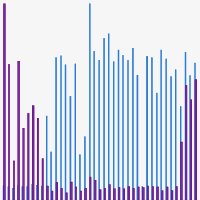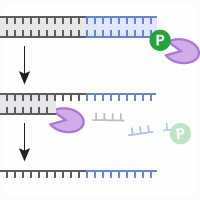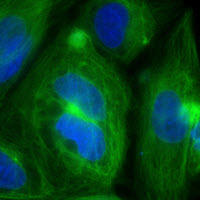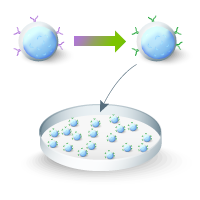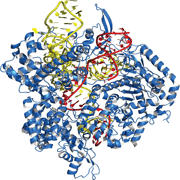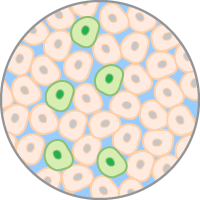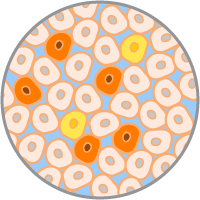Webinar
Streamlined SNP engineering in iPSCs with the Guide-it Knockin Screening Kit
By enabling the introduction of precise single-nucleotide changes at virtually any locus, CRISPR/Cas genome editing technology has dramatically expanded the capacity to generate model systems relevant to the study of human disease. However, these applications often rely on an endogenous cellular mechanism known as homology-directed repair (HDR) that occurs at relatively low frequencies in iPSCs. Consequently, reliable detection of precise editing in mixed populations and identification of successfully edited clones can prove challenging for researchers.
In this on-demand webinar, Dr. Montse Morell discusses the challenges associated with engineering SNPs in iPSCs, and presents a novel assay that she developed to enable rapid, reliable screening for precise single-nucleotide edits in bulk-edited or clonal populations.
About the presenter
Montse Morell, PhD
Scientist III, Takara Bio USA, Inc.
Dr. Morell received her BS degree with honors in Chemistry from Universitat Autonoma de Barcelona in 2003. In 2008 she completed her PhD in Biotechnology at the same university. Her thesis work focused on the development of protein reporters to study in vivo protein interactions and aggregation. Afterward, she performed her postdoctoral work at Stanford University where she developed fluorescent probes to detect the activity of metaloproteases in vivo. Since 2013 she has been working at Takara Bio USA, Inc. as a scientist and has played an instrumental role in the development of products related to genome engineering using CRISPR/Cas9.

Choose an HDR template format
Watch a webinar on how to choose the right HDR template for knockin experiments.
Homology-directed repair FAQs
Maximize your likelihood for success by reading these FAQs compiled by our R&D team.
Gene editing of T cells and HSCs
Follow these protocols developed by our R&D team for easy CRISPR/Cas-based gene editing of immune cells.
Site-specific gene knockins using long ssDNA
Gene knockins with long ssDNA sequences produced using Guide-it Long ssDNA Production System v2.
CRISPR/Cas9-mediated knockins in iPS cells
Data demonstrating efficient genome editing of iPS cells using HDR templates generated with the Guide-it Long ssDNA Production System.
CRISPR takes a giant step towards the clinic
Learn about the development of a powerful new method for reprogramming T cells.
Mouse CRISPR knockin protocol
Access a customer-developed protocol for precise genome editing in mouse embryos.
Electroporation-grade Cas9 for editing in diverse cell types
Our Cas9 performs highly efficient gene editing, including in iPS and hematopoietic stem cells.
Screening for effective guide RNAs
Before delivering sgRNA to your cells, use a novel in vitro assay to get accurate predictions of sgRNA cleavage efficiency.
Tag an endogenous gene with AcGFP1 in iPS cells
Workflow for tagging endogenous genes to generate reporter lines.
Tag an endogenous gene with a myc tag in iPS cells
Workflow for tagging endogenous genes with an epitope tag.
Efficient SNP engineering
Learn about a simple assay for sensitive detection of single-nucleotide substitutions in bulk-edited or clonal cell populations.
Takara Bio USA, Inc.
United States/Canada: +1.800.662.2566 • Asia Pacific: +1.650.919.7300 • Europe: +33.(0)1.3904.6880 • Japan: +81.(0)77.565.6999
FOR RESEARCH USE ONLY. NOT FOR USE IN DIAGNOSTIC PROCEDURES. © 2025 Takara Bio Inc. All Rights Reserved. All trademarks are the property of Takara Bio Inc. or its affiliate(s) in the U.S. and/or other countries or their respective owners. Certain trademarks may not be registered in all jurisdictions. Additional product, intellectual property, and restricted use information is available at takarabio.com.



